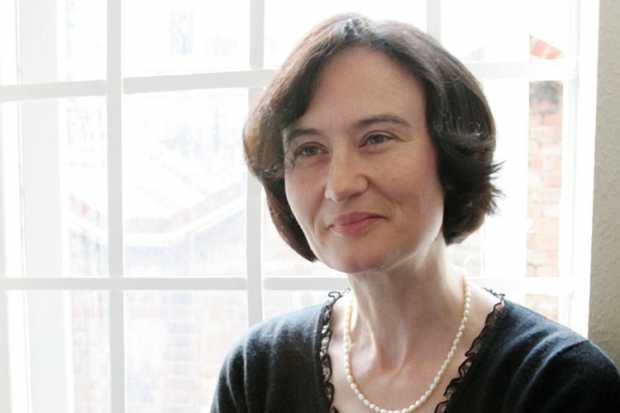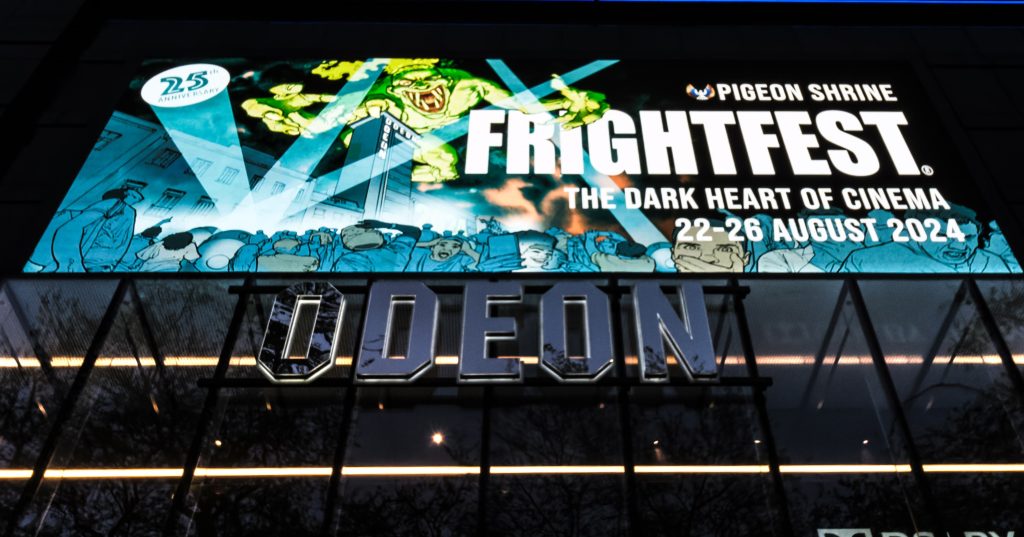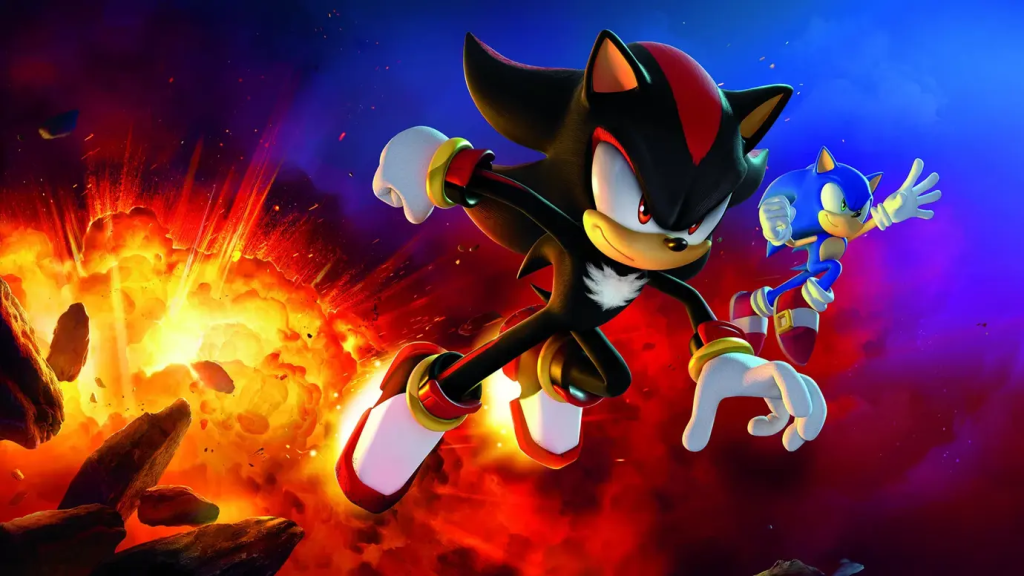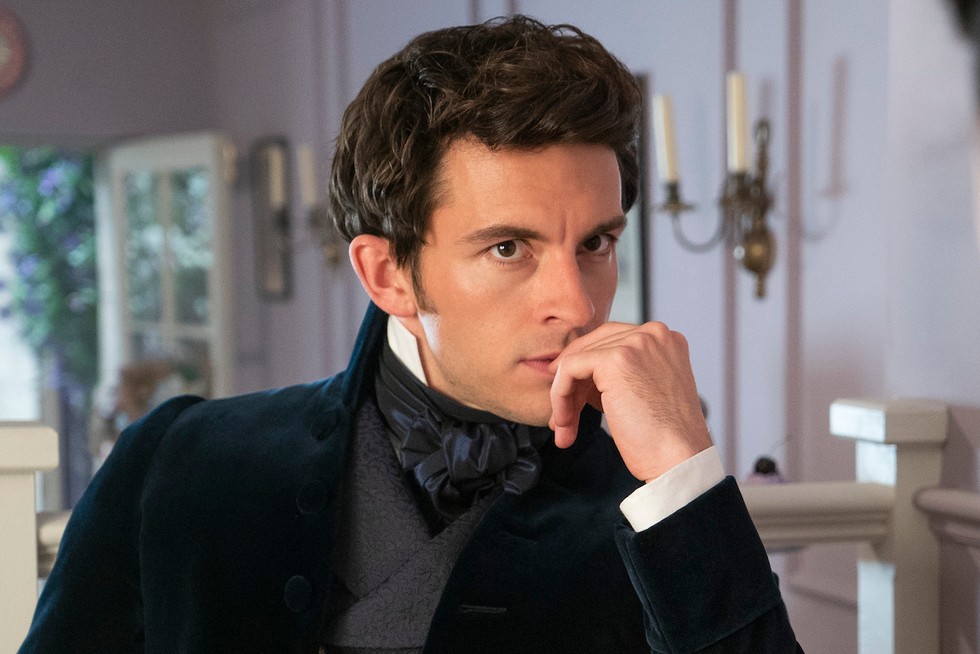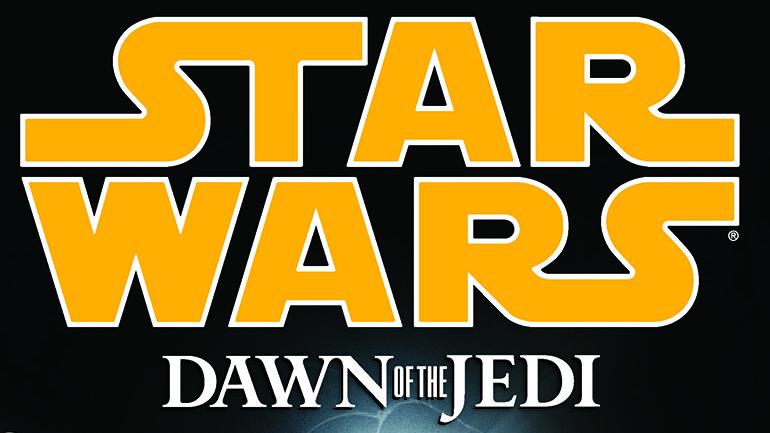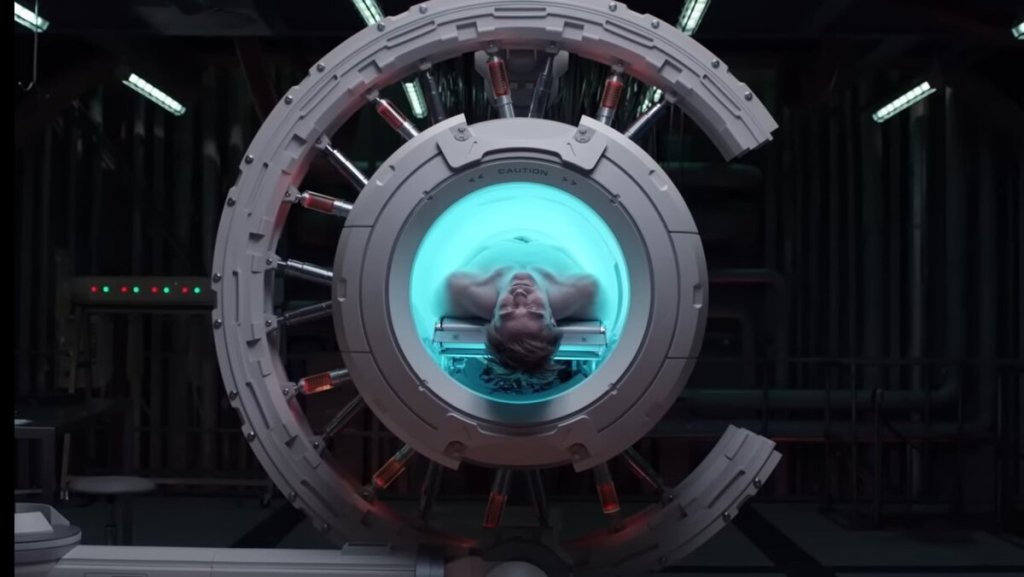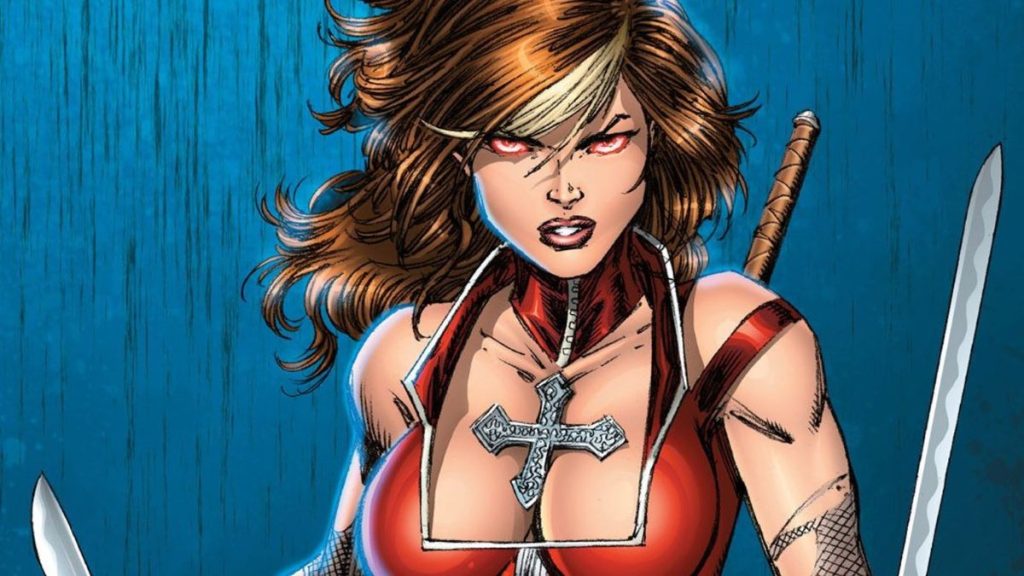Fiona Sampson, MBE is an internationally renowned and award-winning British poet and writer. With twenty-nine books to her name, her work has been translated in to many languages. We caught up with her to talk about her book In Search of Mary Shelley: The Girl Who Wrote Frankenstein.
STARBURST: What’s the elevator pitch for In Search of Mary Shelley: The Girl Who Wrote Frankenstein?
Fiona Sampson: Mary Shelley was a real person, not a cartoon character, and as full of contradictions. Uncover the real person, and we uncover how she could create Frankenstein, one of the most enduring stories of our time, when she was only a teenager.
Are we in danger of forgetting who Mary Shelley was?
Yes and no. There’s been lots of specialist historical and biographical research (and I’ve done it all again, and some original research too, myself). But that’s different from bringing her to life for today. Mary Shelley’s reputation has suffered almost as much as she did in person from her marriage to the poet Percy Bysshe. For a long time, she was represented simply as good or bad for him – the great poet. And as part of that, Percy Bysshe Shelley’s biographers and admirers of his poetry floated a false story that he really wrote, or co-wrote, or massively improved Frankenstein. A mere girl could never have written such a masterpiece, they decided. Now that the original notebooks in which she wrote the novel are free to view online, no-one should buy this story any more. But incredibly, there are still fusty academic men peddling this story to the press: Frankenstein’s bicentenary has made them all come out of the woodwork.
What’s the thing most people don’t know about Shelley?
Apart from that she wrote Frankenstein? Probably that she had a long and distinguished life as a writer, publishing further novels and biography; and that ironically it was she who created Percy Bysshe’s reputation by collecting, editing and fair-copying his work.
What are the challenges in writing a book like this?
For me the thing that was most important was to carry out absolutely scrupulous research in the original sources, and to invent nothing. Even the weather, where I describe it, is researched in the meteorological records. And then to digest all that research so thoroughly that I can make the story come properly alive. The evidence is all painstakingly there, recorded page by page in the Notes at the end of the book, but the book itself should be a good read, a page-turner, and an emotionally intelligent one at that. I hope that’s how it’s come out, by and large. But it does irritate me beyond belief when people think that just because they enjoy reading it (lovely!) it can’t be scholarly. It is, actually – it’s just that as I’m a writer, I believe in storytelling. I can’t stand dull writing: I think it’s a crime.
What is the thing that people often get wrong about her work?
We usually remember Frankenstein from the 1931 James Whale film, not the actual story she wrote about the way blue sky research creates fresh ethical dilemmas as it goes. In Mary’s novel, the creature is incredibly articulate, intelligent and emotional, and is driven to murder by a series of rejections by the humans he tries to live among. She makes him really understandable and relatable, not just into a kind of hulking beast.
Is it ever correct to call Frankenstein’s Monster simply Frankenstein?
No! Sort it out, guys!
Is it fair to describe Shelley as the inventor of science fiction? Are there other/better claims?
I think it’s absolutely fair. Her message is in fact wider in a way: because she tells the same story about scientific hubris twice in the book. There is a parallel story about an Arctic explorer. But this is the first fully-fledged story about scientific invention and the risks involved in it that is also a story asking questions about how to make a sort-of-human prototype. In 1818 there had long been stories about alchemists raising the dead or creating spirits and ghouls. In fact, they were so fashionable at the time Mary was writing that her own story had its origin in a competition between writers to see if they could come up with something similar. But they called it a “ghost story”, and the supernatural, as we know, is not science fiction.
If Shelley was suddenly around in 2018, what do you think she’d make of her legacy?
I’m sure she’d be delighted. She was delighted to discover, when she came back to London in 1823 after being widowed (she was all of 26 by now), not one but two West End productions of Frankenstein. “I found myself famous,” she boasted to a friend.
How important is Frankenstein to modern genre fiction fans? Is Frankenstein really a must read?
Yes! It’s a must-read. It really shows the depth of the form, there right from the beginning, And it’s the archetypal story. It’s also fairly short and a very good read, even though it’s two hundred years old.
What are you working on next?
An opera about Daedalus: the first inventor, and the one whose son Icarus flew too close to the sun and fell to his death. So, another story about hubris… A Radio 4 sound poem about Mud (4.30pm BBC R4 Sunday April 8th.) And the documentary rights of In Search of Mary Shelley have been optioned, so if it gets commissioned I’ll be doing quite a lot of consultancy on a TV mini-series.
You’re doing a talk at London Book & Screen Week 2018. What’s the appeal of that sort of event?
It’s great to meet fellow enthusiasts for Frankenstein and Mary Shelley – that’s true for me as much as for the audience! Also I love meeting readers, and readers often like meeting the people whose books they read. And unfortunately Shelley can’t be there in person, so…
Simpsons or Futurama?
Simpsons. Despite my own surname. Brilliant characters!
Macbeth or Hamlet?
Macbeth. Less dignified and so more true to life. Everyone can relate to an anti-hero…
Doctor Who or Doctor No?
Doctor No. You’ve got to go classy sometimes, haven’t you?
Truth or Beauty?
Truth. Can’t relax with beauty alone.
Fiona Sampson is author of In Search of Mary Shelley: The Girl Who Wrote Frankenstein (Profile Books) and will be speaking at London Book & Screen Week on Tuesday, April 10th. Tickets are available at www.londonbookandscreenweek.co.uk.

